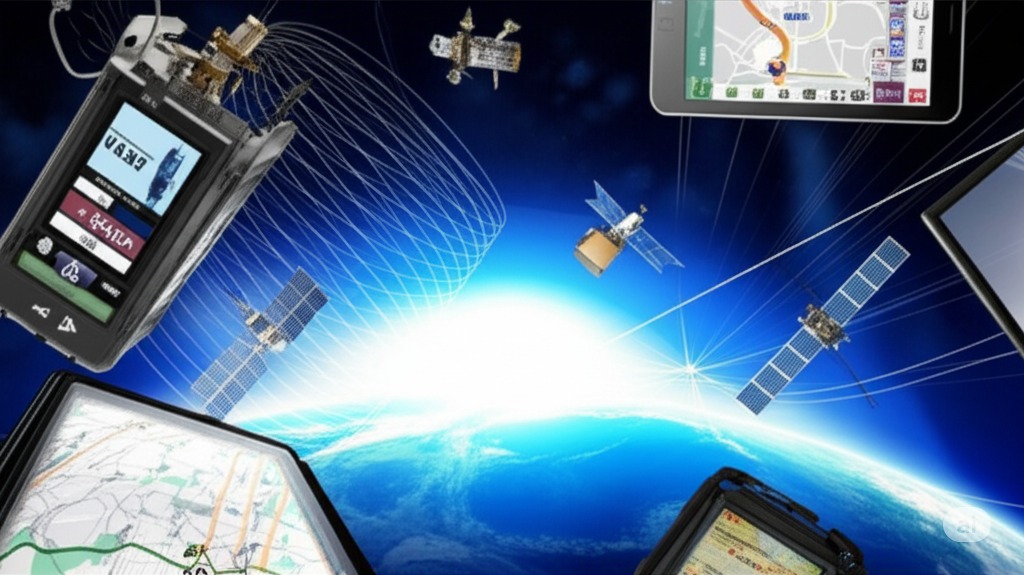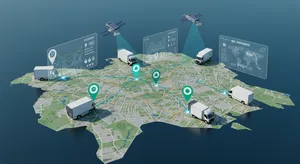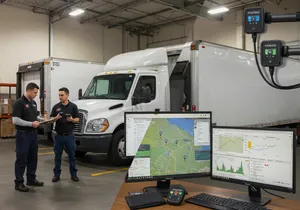Fleet Management Benefits
- Reduce fuel costs by 10-30%
- Decrease idle time by 20-40%
- Lower maintenance expenses by 15-25%
- Improve driver safety scores by 30-50%
- Increase vehicle utilization by 15-35%
Organizations implement fleet management systems to achieve specific operational goals and measurable improvements in efficiency and cost control.





